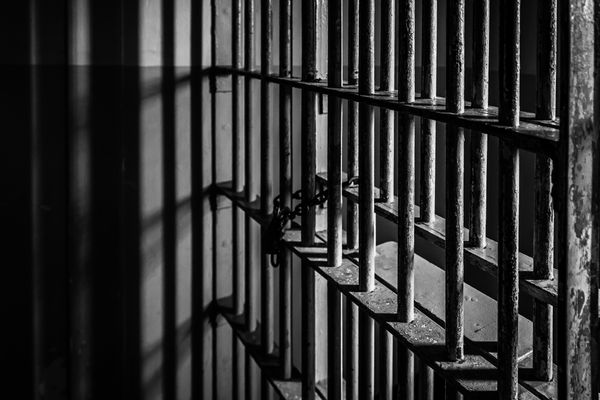Primary Socialisation
Primary Socialisation
Primary socialisation refers to the socialisation that takes place in early childhood.


Primary socialisation
Primary socialisation
- Primary socialisation refers to the socialisation that takes place in early childhood.
- The family is the main source of primary socialisation but also occurs through pre-school settings and from carers, as well as others in the close community.


Childhood
Childhood
- It is through primary socialisation that children acquire a sense of who they are, that is, their individual identities, as well as elements of their primary social identity (e.g. gender and sexuality).


Functionalists
Functionalists
- Functionalists (e.g. Parsons) see this period of socialisation as important for turning newly born children into social beings.
- This is achieved by imitating the behaviour of parents and older siblings, learning language, rules, and appropriate behaviour.


Marxists
Marxists
- Marxists see the values children learn in the family as a reflection of the ruling-class ideology, instrumental in turning them into passive conformists who accept the inequalities of society.


Feminists
Feminists
- Feminists view many families as patriarchal institutions, reproducing inequalities between men and women, for example, through the learning of different gender roles.




-min - Edited,h_400,q_80,w_640.jpg)
